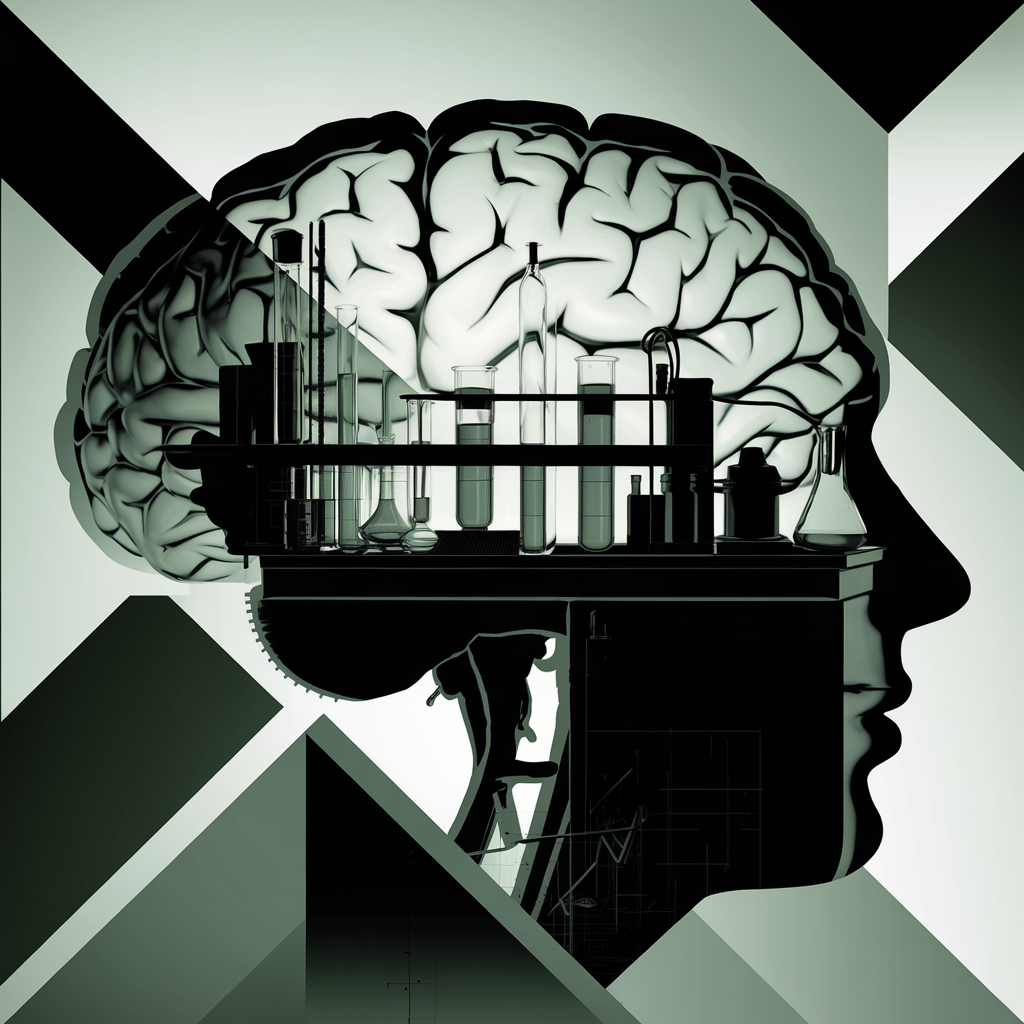A Phase 1/2 clinical trial evaluating TED-A9, an investigational stem cell-based therapy for Parkinson’s disease, has reported findings on safety and potential efficacy. The trial, conducted at Yonsei University’s Severance Hospital in South Korea, involves 12 patients who have lived with Parkinson’s for at least five years.
TED-A9 consists of precursor cells derived from human embryonic stem cells that are surgically implanted into the substantia nigra. The therapy aims to replace lost neurons and restore dopamine production, potentially improving motor function.
Findings From the One-Year Follow-Up
Six of the 12 participants have been followed for one year—three received a low dose of 3.15 million stem cells and three received a high dose of 6.3 million cells.
- Patients in both groups showed a reduction in Parkinson’s motor symptoms, assessed using the Hoehn and Yahr scale.
- In the low-dose group, the average disease stage improved from 3.7 to 3 (19.4% improvement).
- In the high-dose group, it dropped from 3.7 to 2 (44.4% improvement), suggesting a shift from a more severe to a milder disease state.
- Freezing of gait is improved in one low-dose patient and all three high-dose patients.
- Assessments using the Movement Disorders Society-Unified Parkinson’s Disease Rating Scale (MDS-UPDRS) Part III showed:
- A 12.7-point decrease (22.7% improvement) in the low-dose group.
- A 13-point decrease (25.3% improvement) in the high-dose group.
Neuroimaging studies using positron emission tomography (PET) scans also indicated an increase in dopamine transporter proteins, which help regulate dopamine uptake in neurons. This suggests that the transplanted cells successfully engrafted and matured into functional dopamine-producing neurons, with a more pronounced effect observed in the high-dose group.
No adverse events directly related to the transplanted cells have been reported so far.
“We are excited by our data package, which shows a positive trend throughout the study period,” said Dong-Wook Kim, MD, PhD, chief technology officer of S.Biomedics and professor at Yonsei University College of Medicine.


